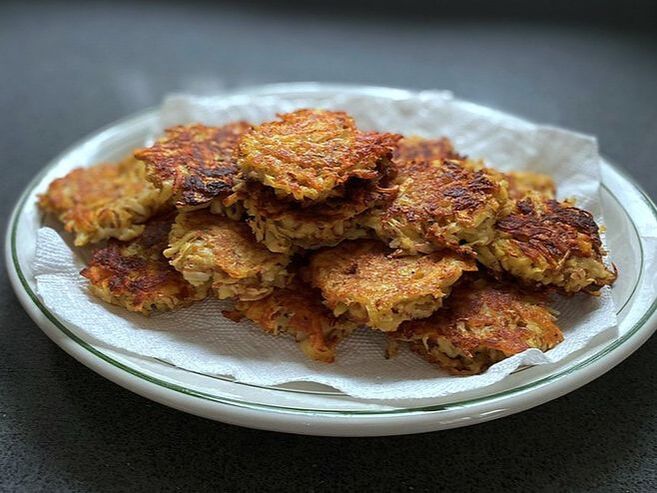|
When I was in 5th grade, every Wednesday at two in the afternoon, all the Catholic kids were excused to attend catechism at the local Catholic Church. This meant there were only two of us left——two girls. Jews. According to our teacher, Carol was the smartest kid in the class and I was the second smartest. The way the teacher made this pronouncement, not only once, for no discernible reason, made me uncomfortable. I wasn’t even sure it was true—about me. Every Wednesday she let us know she could have left school early had it not been for the two of us. The hour passed painfully slowly, with the teacher’s disapproval patently obvious. During these afternoons she gave us difficult work, then graded it harshly. There was always tension between the kids who left to go to catechism and the two of us who didn’t. I knew the teacher’s assertion about how smart we were didn’t help. Sometimes I overheard them talking about Kikes—a word I had never heard. I decided to ask my father about the word. He told me it was derogatory, that when I heard it, it meant I was in the presence of someone who hated Jews. I knew the kids in my class didn’t like me but it never occurred to me that they hated me because I was Jewish.
One afternoon, as they were getting ready to leave, I asked one of the girls, “Why do you hate Jews?” She didn’t hesitate. “Because you killed Christ.” “But Jesus was a Jew. Why would Jews kill him because he was a Jew?” She responded with absolute assurance. “Jesus wasn’t a Jew, he was a Christian, and besides, it says in my catechism that Jews killed Christ.” I couldn’t believe it so she showed me the passage where it said the Jews killed Christ. She smiled triumphantly, as if the matter was settled, and left. My parents were no help. My father said Jesus didn’t become a Christian until hundreds of years after his death, that he lived and died a Jew. My mother said the kids in my class were taught to hate Jews and there was nothing I could do about it. A few months later, when the teacher started talking about decorating the class for Christmas, I asked if we could put up Chanukah decorations. She said, “No, there are only two of you.” “What’s that?” asked one of my classmates, curious in spite of the teacher. I told him about the fight for freedom, the miracle of the oil and that we celebrated by lighting a menorah and eating latkes. It was the first time I’d talked about anything to do with Judaism, but since they were listening, I emphasized the delicious food we ate to celebrate the holiday. That night I told my parents about my talking about Chanukah and my mother said, “We should invite your class to come and eat latkes.” “There’s no room for everyone in the kitchen,” I said, horrified by the idea. But my mother was intrigued and the next day she sent my teacher a note inviting the class to come eat latkes. The latke party was scheduled to start around 5. I hoped no one would come. I was afraid no one would come. About half the class came, not bothered at all by needing to squush around the kitchen table. They loved the food, especially the latkes and homemade applesauce. They listened to the story again as I lit the menorah. At the end, I gave everyone a tiny bag of Chanukah gelt (money), chocolate coins wrapped in gold foil. As they left, some of them even said they had a good time. The next day in class, one of the girls who hadn’t come said she’d heard about the party, that the kids who came enjoyed it, and was sorry she hadn’t been able to convince her parents to let her attend. “They should have let me go. Some Jews are okay.” Have you faced discrimination? What was this like? How did you react?
1 Comment
Marlene Simon
10/4/2022 01:21:11 pm
This is a wonderful story illustrating how change You and is possible through action. Your family probably helped temper these children's learned prejudices. I really felt for you.
Reply
Leave a Reply. |
Monthly StoriesStories inspired by world tales to challenge and comfort. Archives
July 2024
Categories |
Copyright © Nancy King 2020 | Site Design by Angulo Marketing & Design
|
|
Nancy King is a widely published author and a professor emerita at the University of Delaware, where she has taught theater, drama, playwriting, creative writing, and multidisciplinary studies with an emphasis on world literature. She has published seven previous works of nonfiction and five novels. Her new memoir, Breaking the Silence, explores the power of stories in healing from trauma and abuse. Her career has emphasized the use of her own experience in being silenced to encourage students to find their voices and to express their thoughts, feelings, and experiences with authenticity, as a way to add meaning to their lives.
|


 RSS Feed
RSS Feed